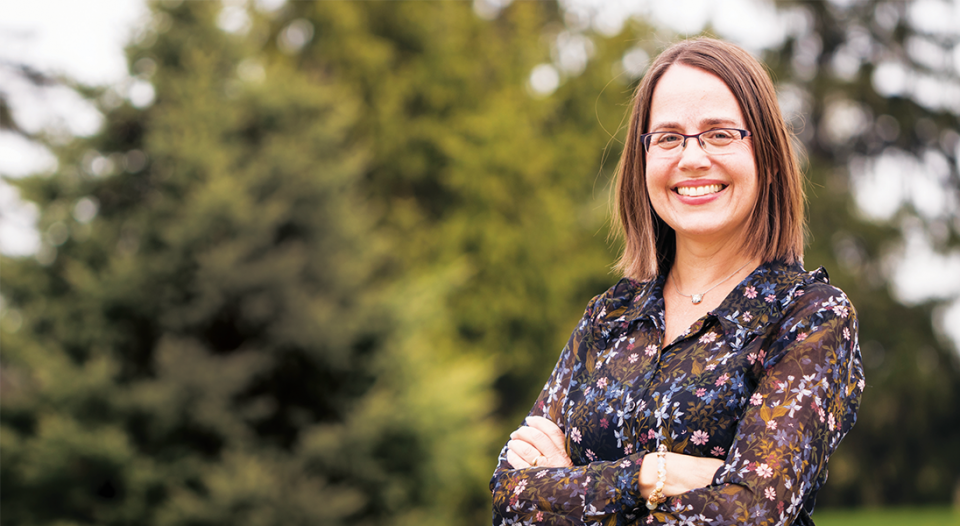Students at Lutheran colleges might be familiar with theologian Frederick Buechner’s statement on vocation: “The place God calls you to is the place where your deep gladness and the world’s deep hunger meet.”
Sometimes vocation is framed to emphasize the “you” in that statement, which can be seen as individual and career-focused, about one’s personal work. But ELCA colleges and universities have found more expansive and deeper ways to discuss vocation with students. In doing so, they’re looking both to Lutheran tradition and beyond it, and considering how vocation connects to identity and diverse religious traditions.
The new Lutheran Center for Faith, Values, and Community at St. Olaf College in Northfield, Minn., is one example of an organization looking at vocation in a holistic way, drawing from both Lutheran tradition and the diversity of faiths represented on campus. Jo Beld, the school’s vice president for mission, said she hopes the center will be “the place that students go deeper” and “look at their faith, others’ faith and what life will be like after college.”
In May, St. Olaf announced the appointment of Deanna Thompson as the inaugural director of the center. Thompson said she has a “both/and vision” for this work: “The center will be rooted in a 21st-century global Lutheran tradition, enthusiastically interfaith, and engage people with no religious affiliation.”
The center grew out of a task force formed by the St. Olaf Board of Regents to consider the college’s Lutheran identity. After that group proposed a center to focus on contemporary Lutheran thought, a presidentially commissioned task force of faculty, staff and students conducted listening sessions with campus groups for a year to learn what enriched the St. Olaf experience.
Vocational discernment will be an important component of the center’s work. In many Lutheran colleges—and Christian colleges, generally—supporting students as they discern their vocation has meant primarily focusing on potential career paths after graduation. St. Olaf already supports career discernment through its Piper Center on Vocation and Career, and the Lutheran Center will complement that work by expanding opportunities for vocational reflection related to professional work and by looking at other aspects of what vocation means.
“Martin Luther’s understanding of vocation is about how you use your God-given gifts to live out your calling in the world,” Thompson said. “This means calling in every aspect of life, not just in a work environment.”
Looking deeply at what calling means in every aspect of life can lead to areas that are difficult and sometimes challenging. All too often conversations around vocation are upbeat, focusing only on the “deep gladness” of Buechner’s statement, Thompson said, adding, “If we think about vocation in a broader sense, we need to think about deep pain as well as deep gladness and what it means for someone to live an integrated life—living who they are called to be in the world.”
Thompson hopes the Lutheran Center will help foster conversations on vocation that focus on the whole person, looking at differences of identity and faith in a thoughtful way.
In considering how to engage across faith groups, Thompson pointed to the work of Eboo Patel, a scholar and practitioner of youth and interfaith engagement. In a chapter of the anthology The Vocation of Lutheran Higher Education (Lutheran University Press, 2016), Patel wrote that Lutheran colleges have a good foundation for interfaith work because they draw from a deep well of Lutheran tradition and thus respect the deep wells from which others draw.
After students expressed a need for the college to support campus religious organizations—on St. Olaf’s campus, these include Muslim, Hindu, Jewish and a variety of Christian organizations—the Lutheran Center convened a network for student religious leaders. The goal is to have them think about vocation as part of their lives now—as students, members of religious groups and campus leaders. Vocation isn’t only something discerned for the future, and it brings in one’s whole self.
Through these types of initiatives, students will also have a foundation for life after college, understanding what vocation means for their lives, both as individuals and as members of a larger community.





